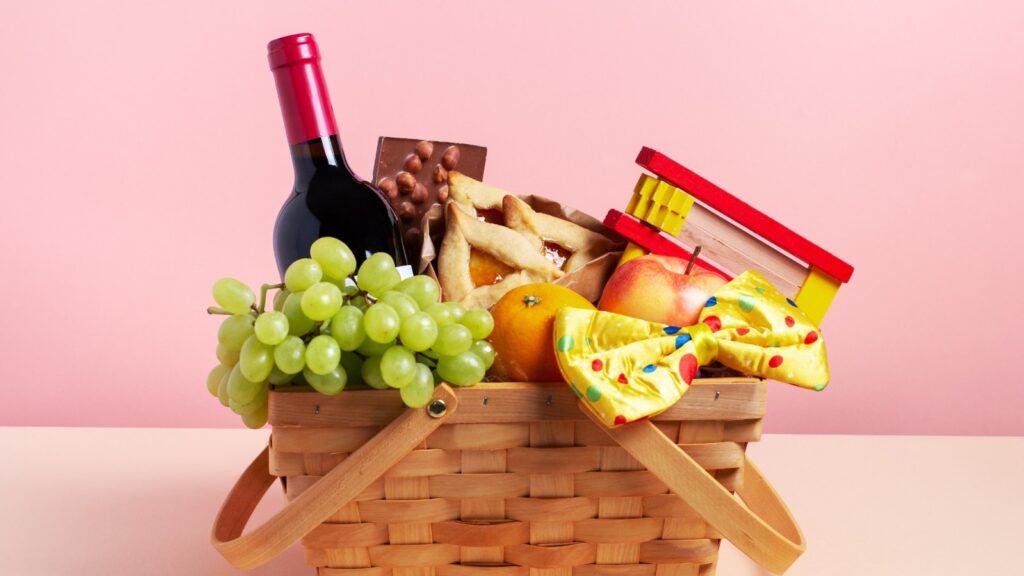Mishloach Manot: A Timeless Purim Tradition of Giving and Joy

The Jewish holiday of Purim commemorates the salvation of the Jewish people in the Persian Empire from the antisemitic actions of Haman, a high ranking minister who sought to destroy them. The story, recorded in the book of Esther, recounts how a beautiful Jewish Queen of Persia intervened to overturn the decree and save her countrymen by granting the Jews the right to defend themselves. At the end of the book of Esther, we read of the establishment of Purim as a time of celebration:
"… the days on which the Jews got relief from their enemies … they should make them days of feasting and gladness, days for sending gifts of food to one another and gifts to the poor."
This verse outlines the four main commandments of Purim:
- To celebrate the victory over Haman and other enemies.
- To rejoice in God's salvation.
- To send gifts of food to one another.
- To bless the poor so they, too, can rejoice.
Since antiquity, mishloach manot (meaning 'gifts of food'), has been an important part of the Purim celebration, as mentioned in the Mishnaic tractate 'Megilah.' The Mishnah commands everyone to send at least two portions of food to a friend or relative.
Rabbinic tradition teaches that the primary purpose of this commandment is to promote peace and friendship, especially among a dispersed people like the Jewish nation. Joy and gladness are never complete unless shared with others. This tradition serves as a wonderful social tool, enabling us to reconnect with people we know and love -- friends, neighbors, and family members. It gives us an 'excuse' to visit one other and even opens a path to reconciliation. It is a way to foster peace and understanding between people.
Over time, this ancient Purim tradition has evolved from actual cooked dishes to beautifully decorated packages filled with goodies, sweets, and snacks. In recent decades, as more people choose to abstain from sugar and sodium, traditional candies and chocolates are often replaced with healthier alternatives like teas, coffee, fresh or dried fruit, olive oil, wine, or juice. The latest American trend is to add games or toys for children as part of mishloach manot.
Personally, I love this tradition, especially because it gives me an opportunity to express my love, care, and appreciation for each recipient. I prepare these gift packages because these are people I love and know. I can prepare a unique gift and customize each mishloach with something special: For the family with several young children, snacks, candies, chocolates, and toys will be a great option. For health-conscious adults, I focus on herbal teas and organic dried fruit. Young Israeli adults often appreciate Turkish coffee. To make the gifts even more special, these packages can be personalized with the recipient's favorite colors and decorative elements.
Both receiving and preparing these holiday gifts makes us part of something bigger than ourselves, strengthening our identity and giving us a feeling of belonging. This tradition connect us to our people, our history, and our faith. Along with other holidays and traditions, mishloach manot is a wonderful expression of God’s blessing -- both for us and for those around us.

